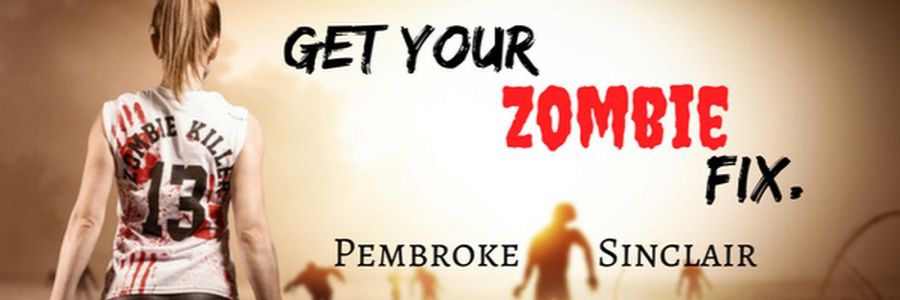I think the music industry is a lot like writing: it is a very subjective field, and it only takes one person to say yes for you to get in the door. I'm no stranger to rejection, and I know a lot of times the person rejecting you won't tell you why. But you have to get to a point where you say: maybe this isn't good enough. For the girl on American Idol, I would think that after 10 rejections she would tell herself, "I need to do something different." I know I would. Then, I would change what I was doing, go on 10 more auditions, and if it still wasn't working, change again. It's not easy to be told "no," especially "no" with no reason behind it, but you have to learn from it and move on. The arts are difficult to break into, and you have to be flexible. I'm not saying you have to compromise, but you have to be able to go with the flow. And you have to be able to take criticism from people in the business who know what they're talking about.
For both singing and writing, you can always get better with practice. But you can't get better if you don't have honest feedback. Your friends and family are usually always going to tell you you're good. But that's not the type of feedback you need. You need honest opinions from objective people, which is why publishers tell you to join critique groups. I don't know about singing, but I'm sure they tell you the equivalent. Criticism can be harsh, and it can be hard to hear, but if you want to improve, you have to listen. Most of the time, publishers or record producers aren't criticizing you to be mean (although it can seem like it at the time), they're telling you what you need to do to improve. It just blows my mind to watch these people on the show get rejected and cry about how the judges ruined their dream. If it's really your dream, you will take their advice to heart and go out and improve.
It takes a lot of courage to stand in front of a judge and sing or to send your work out to be published. But it takes a lot more to listen to the advice of the professionals and figure out how to incorporate that into your work. I imagine many of those people on the show go home, sit in a pool of self pity, and never sing again. I know because I've been there with my writing. Rejection wears on you after a while, and many times I've wanted to throw in the towel, but I didn't. And, I learned a lot in the process.





